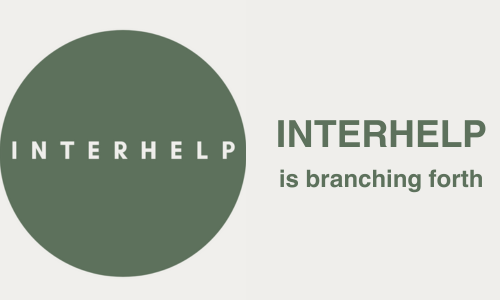by Michael Rice
It was an hour-and-a-half before sunset on a mild Fall afternoon. I was heading down a moderate hillside on a lumber road from the top of Woolman Hill in Deerfield, Massachusetts, in an easterly direction. At the near horizon was another ridge, covered with trees up the entire slope of that ridge. Slightly to the left was what at first sight seemed to be a sharp rise along the ridge, but then it seemed to be, perhaps, simply a much nearer clump of maples in colorful sunlit leaf. Then I realized: there was absolutely no way I could tell the actual shape, at ground level, of the top of the ridge while the trees on its slope and in the foreground were still in leaf.
Nearly seventy years earlier, at the start of college, I chose to major in physics, and I chose it in large part because I knew that human beings and their societies (for both of which I had great passion) were simply too complicated for me to comprehend. I wanted certitude. Physics seemed to allow for certainty; for something tangible and definite, if not (yet) known; for a sure way to research for new knowledge; for true facts of nature to become known. That, of course, was not to be: every physicist knows the Uncertainty Principle, according to which pairs of “complementary” qualities (e.g., the position and the momentum of a particle) cannot both be known precisely, because a measurement of the one affects the value of the other. Moreover, even many physicists are in denial about a less celebrated limitation to their craft. Reductionism. In order have an understanding of cause and effect, we attempt to hold all variables but one constant, and examine what results when the value of the variable of immediate interest is changed. While this reduces the complexity of the problem under study, it is also not at all what in fact occurs in nature. Thus even Physics disappointed my passion for certitude.
I decided to abandon my passion for illusory certitude and return to my passion for people, society, and Planet Earth. I was still hooked on a wish to be effective, in particular effective in achieving a more just society, and to do so by rational means. (I had liked what I had seen of the Supreme Court during the time of Chief Justice Earl Warren: seeking Justice and, in its Opinions, addressing rationally the arguments by the lawyers for the parties.) So I studied Law. I quickly saw there was poor correlation between Law and Justice. Worse, by the time I completed Law School in the 1980s, the Supreme Court had become so politicized that it seemed to form political judgments, which it then “rationalized,” rather than rationally responding to the lawyers’ arguments. On both counts, I began to question the pursuit of “effectiveness.”
I return to the unknowability of the shape of the ridge eastward of Deerfield. Or of the effectiveness of any argument of law. Or even of any political strategy for obtaining justice. If I want to know the shape of the ridge, I have to care enough to return to the place in the dead of winter: perhaps it will reveal itself. If I want justice, I have to act justly and I have to demand justice, without worrying whether what I do, when I do it, will secure the justice I seek. The key is: we cannot know whether what we specifically do will get us to our goal, but we may get there anyway. Or not. Not Knowing is our friend, if we keep the issue alive, for a set-back today does not preclude victory tomorrow, nor is success today permanent.
Today [autumn, 2015] President Obama precluded the KXL pipeline, in connection with the forthcoming world climate change conference. Was the arrest of 1200 activists at the White House four years ago the effective cause of his action? The 700-odd public climate actions since then? The recent election in Canada? The current low price of gasoline? At no point could we “know” that any of these actions or historical accidents would be “effective.” Conscious acts kept the hope alive. Change comes with cultural change of consciousness — as in the case of same sex marriage. The best we can do to help create the necessary change of consciousness is act ethically regardless of expectation of “success.”
